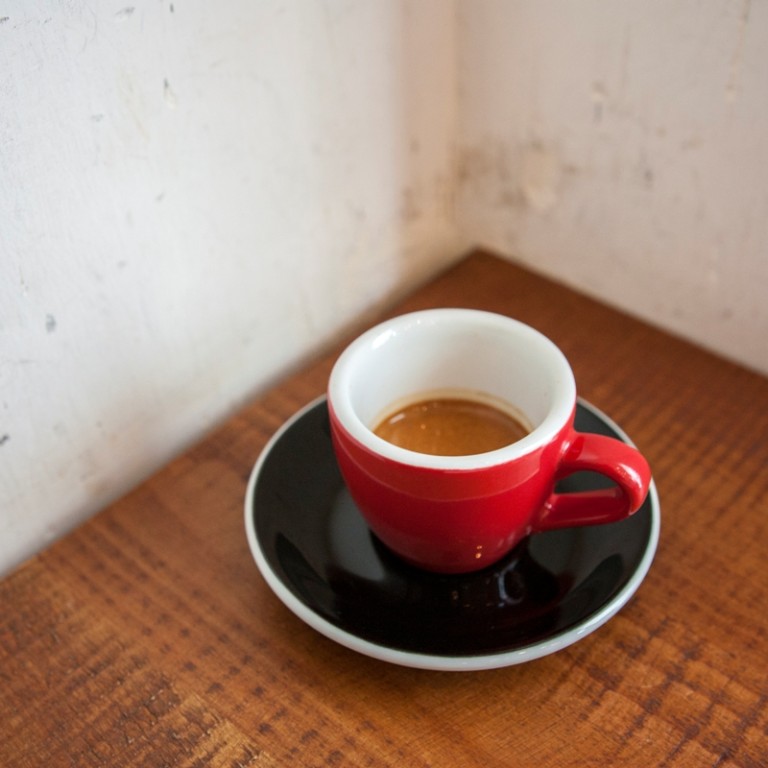
The science behind your morning cup of coffee
Scientists work tirelessly to uncover the mysteries of the natural world, from the reasons people binge to the best way to wash hands.
Scientists work tirelessly to uncover the mysteries of the natural world, from the reasons people binge to the best way to wash hands.
Recently it was revealed that they've figured out why coffee served in white mugs tastes so bitter. (The contrast between the colour of coffee and a white mug makes it look and taste bolder.) Coffee served in clear glass mugs tastes sweeter.
So, yes, those lab rats (the people, not the animals) are obsessed with getting (and studying) that jolt of java. That study got us thinking: what other crazy things do we know about coffee thanks to science? Answer: a lot.
Researchers at the University of Texas in the US were tired of making coffee, taking a sip and burning off a layer of taste buds because the brew was scalding. So they got 300 volunteers to determine what temperature makes coffee drinkable but not mouth-burning. Those brave test subjects found that the sweet spot is 58 degrees Celsius.
Meanwhile, we've been conditioned to get our caffeine fix first thing in the morning.
But as Steven Miller, of Rosalind Franklin University in Illinois, points out, early mornings are probably the worst time.
If we pay attention to our circadian rhythms, specifically the points when our cortisol levels (responsible for the magical way we naturally feel alert) are low, we should drink coffee in the late morning (9.30am to 11.30am) and during the afternoon slump (1pm to 5pm).
Under that theory, it would seem that coffee and naps would not be a natural duo. But the boost of energy you get from a cup of coffee doesn't happen in an instant. It takes upwards of 20 minutes for the caffeine to be absorbed by your body.
Researchers at Britain's Longborough University found that drinking a cup of coffee and immediately lying down for a 15-minute nap kept sleepy volunteers more alert in a car simulator than just coffee or just a nap.
And finally there's the link between coffee and tinnitus.
A study tracked the incidence of tinnitus (a constant ringing in the ear) among 65,000 American women over 18 years. Those who had less than one cup of coffee a day were 15 per cent more likely to have tinnitus than those who had four or more.
